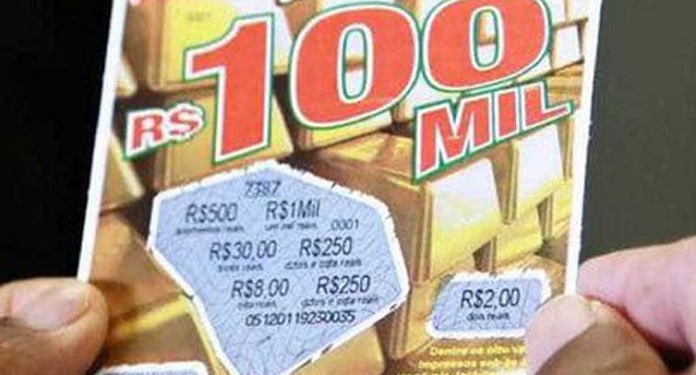The Federal Government is preparing a decree to resume the sale of Lotex (Exclusive Instant Lottery), also known as “scratch card”. According to Uol, the intention is to forward the proposal to the president at Luiz Inácio Lula da Silva in April.
The perspective is that the modality results in an annual collection between R$ 3 billion and R$ 5 billion for the public coffers. The action is the second regarding the taxation of gaming to raise revenue—the Minister of Finance, Fernando Haddad, announced that he plans to tax online gambling activity.
The decree must allow Lotex to be sold only by people with disabilities. This system is already promoted in Spain, where Once (Spain’s National Organization for the Blind) is responsible for the country’s largest lottery and employs 17,000 people.
Process
- The government will open a bidding process for the concession to operate the new Lotex;
- After the publication of the decree, Caixa Econômica Federal will assume the sale of the scratch cards until the government concludes the bidding process;
- The scratch card will be sold in a physical model (card that the person scratches the indicated place) and virtual (the site offers a version to hover the mouse over the place to be “scratched”). The gambler finds out immediately whether he has won a prize or not;
- The text that is being debated in the government establishes that the sale must be carried out only by people with disabilities. What is intuitive is to promote “the exercise of fundamental rights and freedoms”, aiming at “social inclusion and citizenship”, following the provisions of the Statute of Persons with Disabilities;
- Correspondents or lottery entrepreneurs who take over Lotex will need to offer an accessible place for people with disabilities to sell the physical product;
- Caixa and the concessionaire will only be able to dispense with the service of a person with a disability if there is no person in that condition in the region. Otherwise, the company may suffer sanctions and even lose authorization to market the product.
Job market
The government understands that the measure can serve as a public policy to include people with disabilities in the labor market.
Government members analyzed data from the IBGE (Brazilian Institute of Geography and Statistics) that there are about 17 million people with some type of disability in the country. The data also indicate that this group has lower rates of occupation, formalization and income.
New Lotex
Today, there is no scratch card in Brazil. Lotex was marketed by Caixa, but in 2016 it entered the National Privatization Plan. The first auction should have taken place in June 2018, but there were no interested parties.
In 2019, the government changed the conditions to attract interested parties. That year, an international consortium won the concession. However, the concession process stalled due to lack of understanding between the consortium and the government. The consortium abandoned the process.




















































